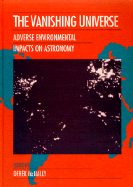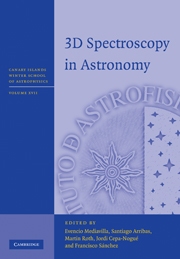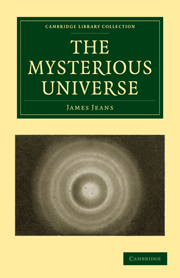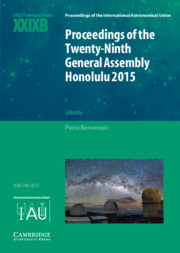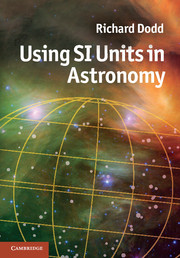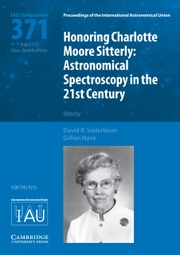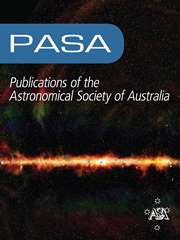The Vanishing Universe
What is the future of observational astronomy? The effect on astronomy of environmental degradation, from electromagnetic pollution to near-Earth space debris, and the broader implications of jeopardising this science are explored in this provoking review. Astronomy is acutely vulnerable to environmental pollution. This survey demonstrates, unequivocally, the destructive impact of civilisation on current observational astronomy and its future. International astronomers discuss the source and effect of electromagnetic pollution - from optical to radio wavelengths - and space debris. Together with specialists from industry, law and elsewhere, they go on to outline possible remedies and the legislation required for successful international regulation of the pollutants. These articles offer an authoritative survey of the pollutants and the steps necessary to regulate them. They provide an essential reference for the professional astronomer, environmentalist and concerned non-specialist.
- A thought-provoking survey of the future of observational astronomy
- Reveals the culprits of light pollution and space debris
- Suggest the first steps towards international regulation and monitoring of pollutants
Reviews & endorsements
'The real value of The Vanishing Universe, however, is in its detailed expositon of the causes of light, radio and debris pollution, and its suggestions for concerted international action … highly readable book.' Webb Society Quarterly Journal
'As stimulus material for students there is much here to secure interest and broaden horizons on environmental problems.' Bob Kibble, Physics Education
Product details
September 1994Hardback
9780521450201
208 pages
304 × 213 × 16 mm
0.882kg
65 b/w illus. 4 colour illus. 5 maps 12 tables
Unavailable - out of print July 2023
Table of Contents
- Introduction - the effect of civilisation on observational astronomy D. McNally
- 1. The frontiers of modern astronomy M. S. Longair
- 2. The aims of astronomy in science and the humanities: why astronomy must be protected P. Murdin
- 3. General principles of the right to uninterrupted activities in outer space B. Reijen
- 4. Light pollution - theft of the night D. L. Crawford
- 5. Impact and restriction of interference of light D. A. Schreudre
- 6. Adverse environmental impacts on astronomy: the case of improved street lighting D. T. Herbert
- 7. Light extinction in the atmosphere N. Laulainen
- 8. Environmental effects on astronomical observation J. Kovalevsky
- 9. Natural background radiation: the light from the night sky A. C. Levasseur-Regourd
- 10. Opening the radio window F. Graham-Smith
- 11. The threat to radio astronomy J. B. Whiteoak
- 12. Radio interference to passive scientific measurements: its causes and its cures R. M. Price
- 13. Radio astronomy in the radio environment C. Kirby and R. G. Struzak
- 14. Preserving wilderness areas in the radio spectrum P. A. Vanden Bout
- 15. Illustration of radio interference D. McNally
- 16. mm-Wave - the last virgin land M. Morimoto
- 17. The Mount Wilson story M. Bester, S. Baliunas, C. Shelton and L. Webster
- 18. Radio astronomy and the developing countries G. Swarup
- 19. The disappearance of the night sky D. Malin
- 20. The space debris environment of the earth W. Flury
- 21. Space debris observations: needs for new technology Y. Arimoto
- 22. Illustration of the effects of space debris D. McNalley
- 23. Space debris: how to improve the situation L. Perek.

